The Queensland Government's 2032 Procurement Strategy had set a target to source 30% of food locally and a 3% spend on Indigenous businesses.
The 2032 Brisbane Olympics offers a transformative opportunity for South-east Queensland's food system, creating a sustainable, ethical and inclusive regional procurement legacy. Both the Olympic Sustainability and Legacy committees and Queensland State Government recognise the challenge of ensuring sustainable, nutritious food supply chains while delivering lasting social and economic benefits beyond the event.
Food will be central to athlete and spectator wellbeing, with sustainable sourcing from local suppliers showcasing regional produce and culinary expertise while improving equity in food system governance. While procurement policies have been widely shown to offer viable pathways to future resilience, decarbonisation, decent work, equity and food security, large public events (including Olympic Games) have had a mixed record for social and environmental sustainability.
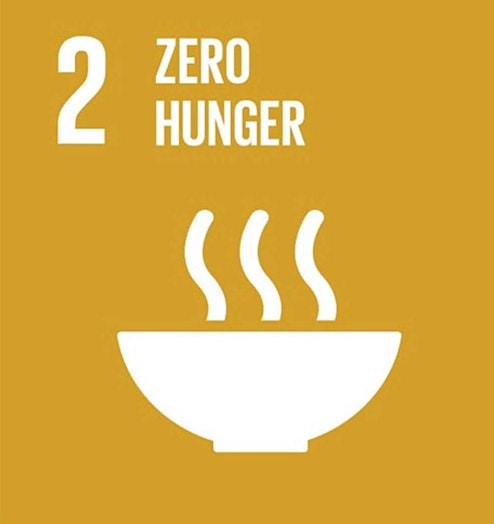
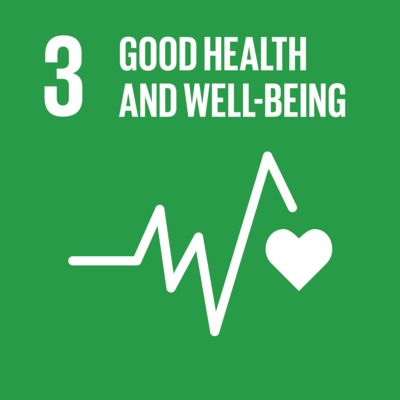
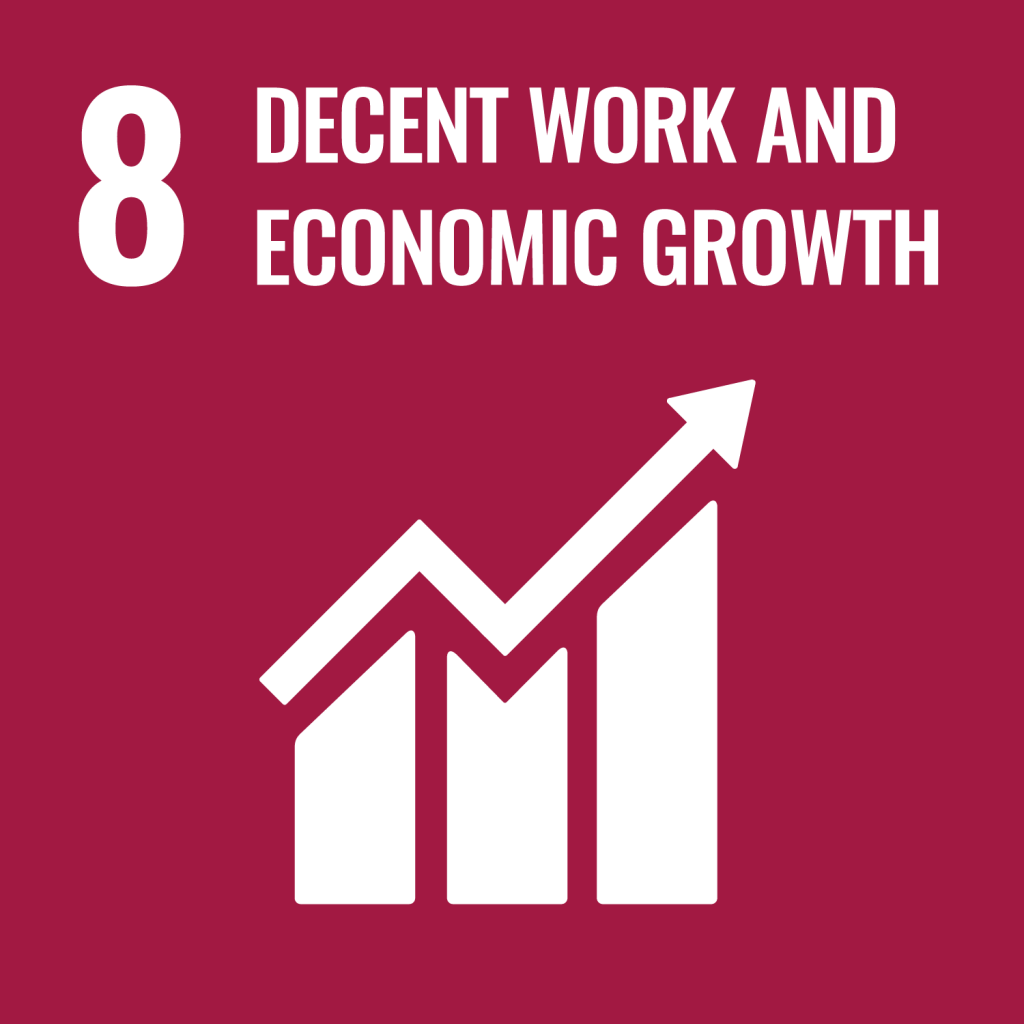
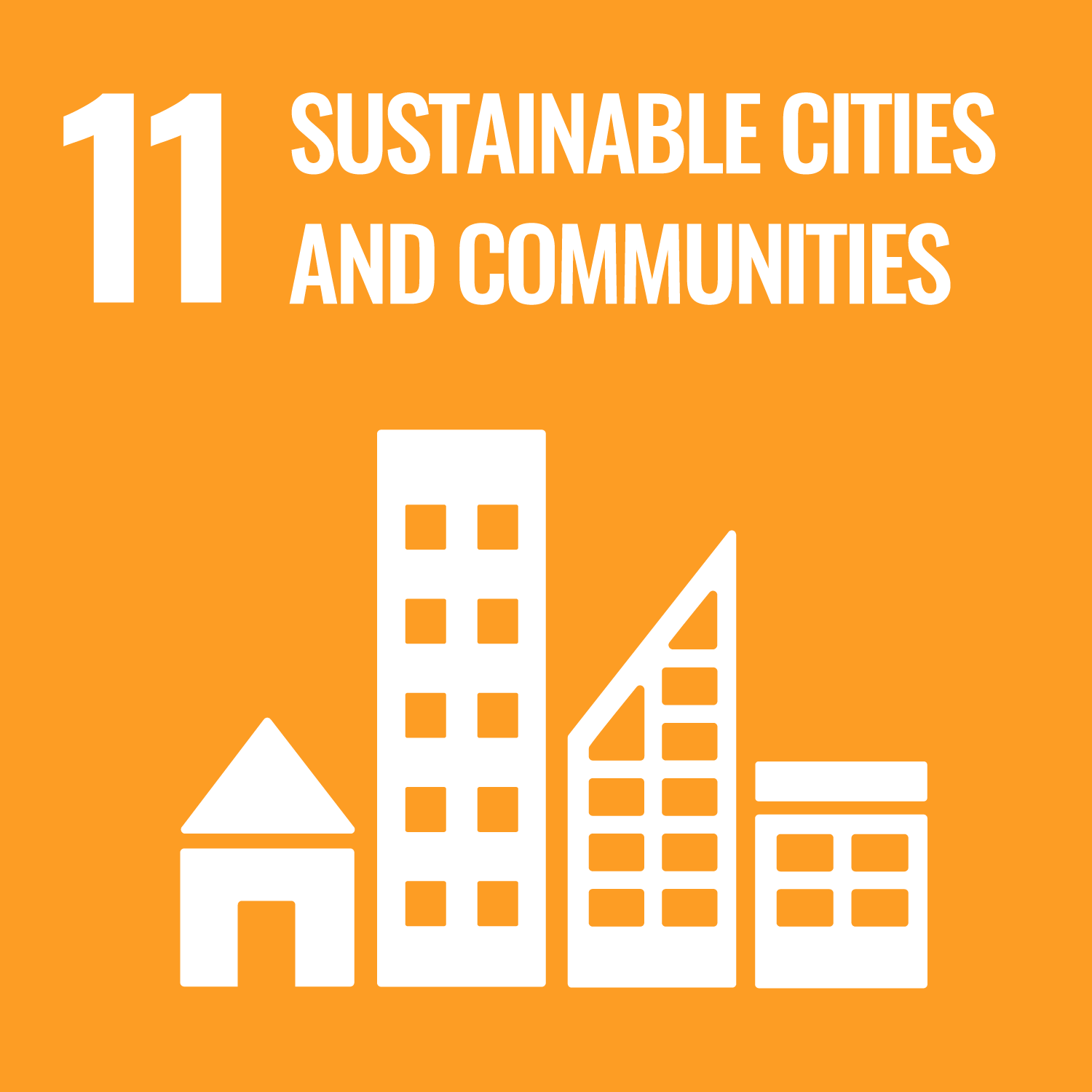
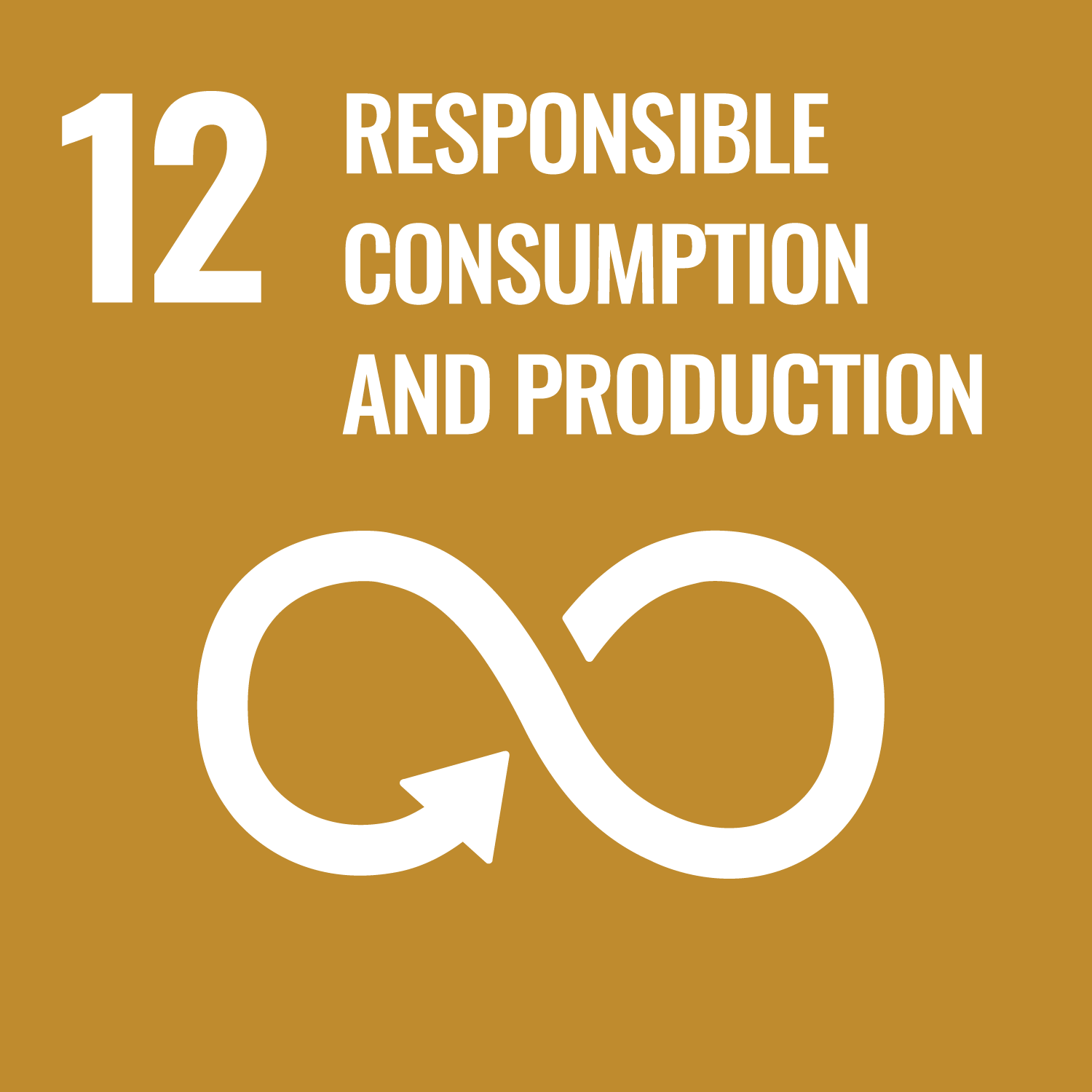
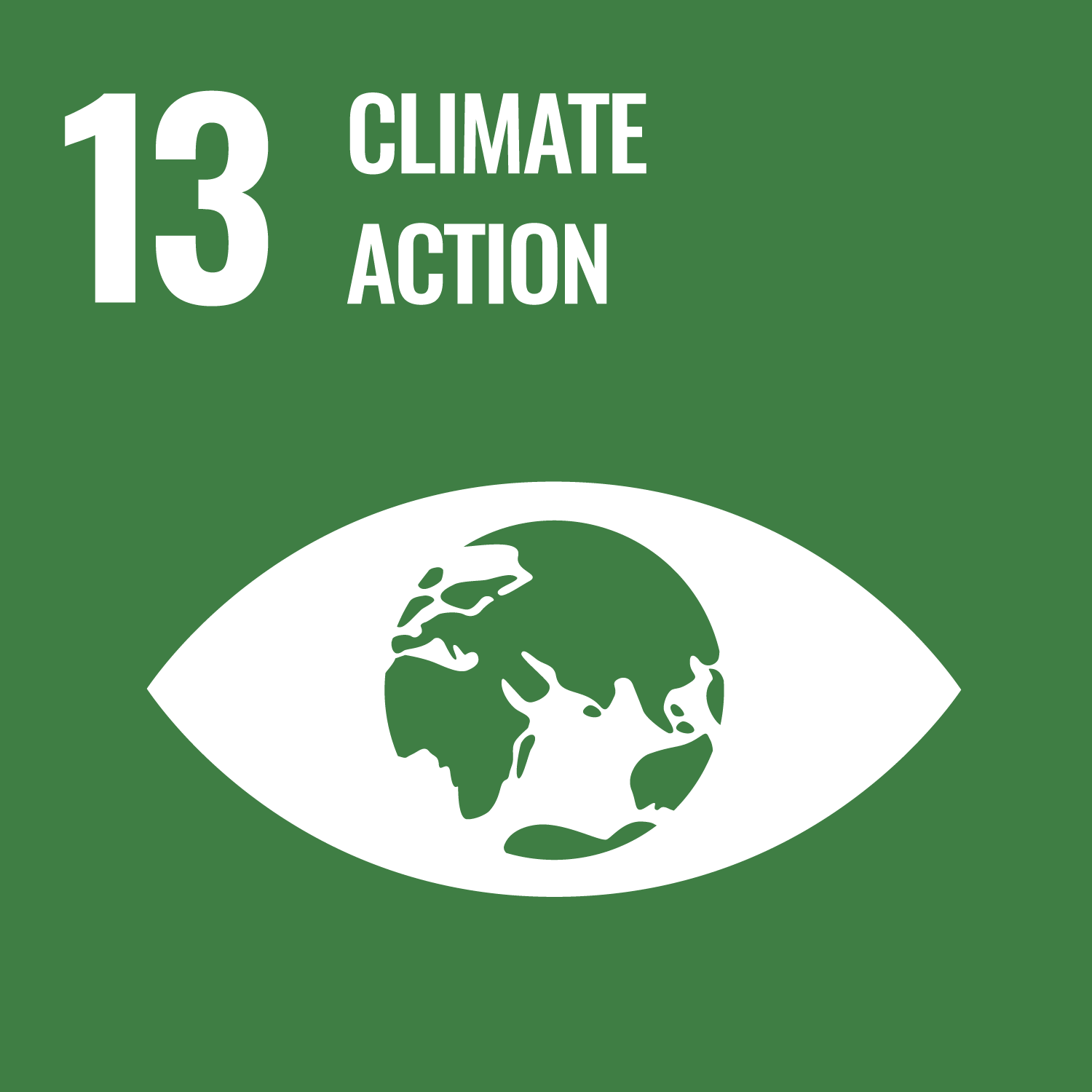
This seed project aims to convene key government, industry and community stakeholders to co-create a values-based sustainable food procurement policy for Brisbane 2032, with a focus on collaboration for social, ecological and economic objectives. Building on the recommendations of the 2024 SEQ Food Summit (delivered by Brisbane-based social enterprise the Food Connect Foundation), this project will:
Establish an inter-disciplinary UQ working group to identify, engage and collaborate with external partners and seek ways to leverage their support in developing a transformative food-systems agenda towards Brisbane 2032.
CPF will undertake baseline data analysis on the existing and future capacity for an institutional food procurement target of 30% from local producers and 3% ‘spend’ of food from Indigenous enterprises. This will be based on two case studies (i) Production data from a relevant SEQ LGA, and (ii) Current best practice case study in institutional food procurement.
Using these case studies as examples, in collaboration with Food Connect Foundation, CPF will convene a multi-stakeholder roundtable discussions with industry (agriculture, supply chains, food waste, event management, hospitality), government (public health, business, environment, education), and community groups in Queensland to co-design an ethical and sustainable food procurement policy.
This project will provide baseline data, formalise industry/government collaboration and produce policy recommendations that will provide the foundation for a larger project that develops a roadmap towards Brisbane 2032, ensuring this event has a legacy of transformation for the South-East Queensland food system.
Dr Natalie Jones, UQ School of the Environment/Queensland Centre for Olympic and Paralympic Studies affiliate
UQ Faculty of Humanities Arts and Social Sciences Partnership Grant
